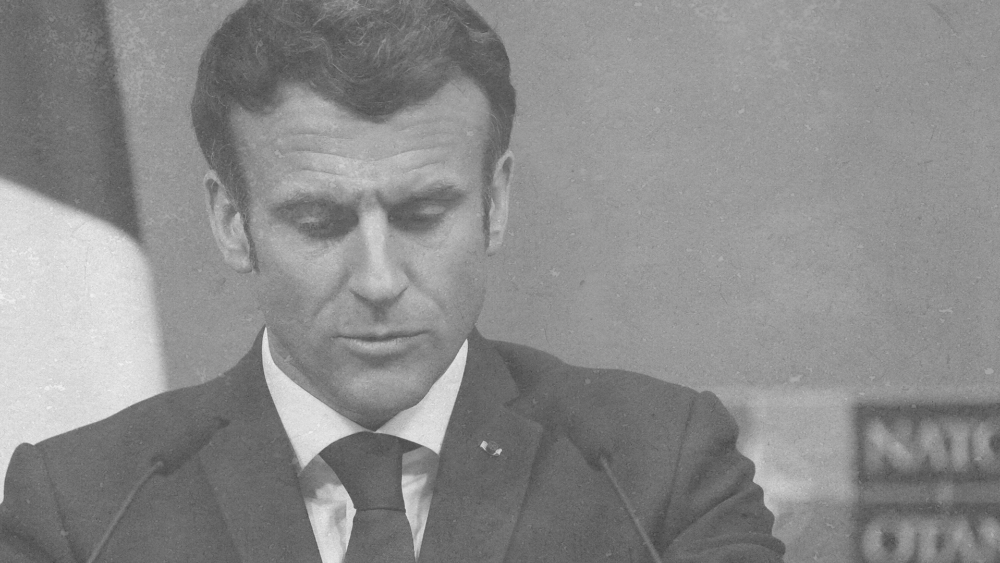The Uber files remind us that the elite treats public office as an audition for corporate jobs
Most people who have crossed paths with Travis Kalanick seem to be happy to tell you that he’s a terrible person. Kalanick is best known as the ruthless former CEO of Uber, a startup that he grew into an empire thanks to a complete disregard towards regulators, elected officials, drivers, trade unions and his own employees. In 2014, he was being openly called an asshole. But around that same time, someone was calling him “dear Travis”: then-French economy minister Emmanuel Macron.
“Thanks dear Travis,” Macron texted him. “Let us keep in touch and progress together. Best, Emmanuel.”
This exchange was revealed as part of the Uber files, a trove of internal communications leaked by a whistleblower and published by UK newspaper The Guardian. Alongside Macron, many other senior officials are shown to have secretly met with company executives or lobbied for Uber, including the former EU top official on internet policy Neelie Kroes and the current President of the United States, Joe Biden.
If you’ve ever seen a carefully prepared statement by a prominent politician embroiled in a scandal – and who hasn’t? – you know what to expect. There’s the classic “these allegations are completely false”. Or “the truth is being distorted to create headlines”. There’s also the rare “I apologise for past mistakes, but I’ve changed”, and finally the magical but improbable “I hereby resign”.
Ever the champion of innovation, though, Macron came up with something very different in his official response: he’s “extremely proud” of having used his power to lobby for Uber in France.
When we think of corruption, our minds are likely to materialise cartoonish images of politicians sticking manila envelopes full of cash into their pockets in a parking lot, or drunk in some yacht enjoying a bunga bunga paid for by their cronies. They’re likely to look and sound anything but northern European. And make no mistake – these images are easily found in the real world. But everyday corruption tends to be much more sanitised, low-key, and, as a result, harder to combat.
At the heart of the problem is this: the elite that sits in parliaments and ministerial offices is the same that sits in corporate board meetings across the street. Many of them move freely between both worlds. Before becoming economy minister and later president of France, Macron was an investment banker with Rothschild & Co. David Cameron resigned as UK prime minister and became a lobbyist for the financial company Greensill Capital. The aforementioned Neelie Kroes – you’re not going to believe this – is now part of the Uber advisory board. The list goes on and on, both in Europe and across the Atlantic.
If there’s a revolving door between the highest levels of government and the highest-paid echelon of corporations, that means that public officials – the people whose job is to serve our interests – have zero incentive to use their power to go against the interests of big corporate players, especially when those interests go against ours, as they practically always do. Why would they get on CEOs’ and shareholders’ bad side and shut the door on those cushy, 600,000-euros-a-year jobs when they inevitably leave public office? Their interview process for these begins the moment they’re sworn in. They have a LinkedIn profile to build, and they need to build it fast.
Seen under that light, Macron’s response is logical. In any truly democratic system, the revelations involving him would be career-ending. As it is, he knows that his next employer is out there, somewhere, watching closely. If, by some miracle, his brazenness spells the end of his time as president, so what? The perks may be great, but the job doesn’t pay that well, and his contract runs out in five years anyway.
Do you want to be informed of DiEM25's actions? Sign up here










